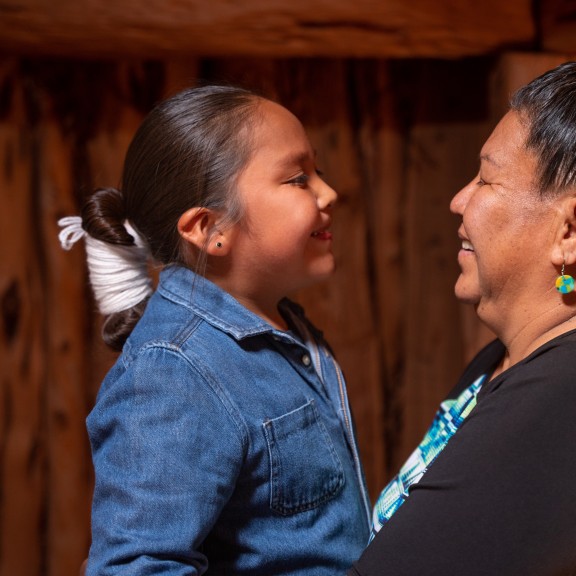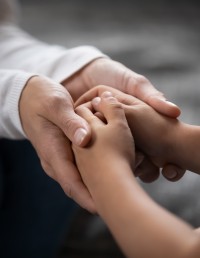Supreme Court upholds Indian Child Welfare Act, stands on side of equity
Decision marks milestone victory for Native children, families
All youth deserve safe spaces and opportunities to build bonds with their families and communities that allow them to understand and appreciate their own cultures as they grow, learn, and pursue their dreams.
For these reasons and more, the National Center for Youth Law commends the U.S. Supreme Court’s 7-2 decision last week in Haaland v. Brackeen to preserve the protections of the Indian Child Welfare Act of 1978 (ICWA).
While the majority opinion is a great affirmation of Tribal Nations' rights, the decision still leaves parts of ICWA vulnerable to future challenges.
The reality is the protections afforded by ICWA represent a bare minimum of what is owed to Indigenous communities, which have been subjected to centuries of brutal and dehumanizing policies and practices at the hands of the U.S. government, including the U.S. child welfare system. We must continue to advocate for ICWA to remain intact and for additional laws and policies that provide accountability for these devastating harms and that honor the sovereignty and rights of Indigenous peoples and communities.
Safeguarding all Tribal Nations' rights and sovereignty
For 45 years, ICWA has been critically important in protecting Native children, families, communities, and Tribal Nations from harmful State interventions and interference. Justice Gorsuch, in a concurring opinion, documents for the record the violent tactics and narratives used to implement these destructive policies and practices over the last century and a half. These included coercing or abducting Indigenous children into boarding schools where they were brutalized, forced to work, and penalized for any show of their Indigeneity and coercing Indigenous families and Tribal Nations into relinquishing their legal rights so their children could be adopted by white families. The U.S. government and its systems have consistently employed forced family separation and erasure of Native culture, history and identity as tactics to inflict the deepest of harms to Indigenous communities and Tribal Nations and perpetuate racist, dehumanizing narratives.
At the National Center for Youth Law, we recognize this history of devastating family separation and work to remedy these past harms while building a better future.
Haaland v. Brackeen is only the most recent of continuous systematic challenges to ICWA. These challenges are driven by attempts to end the political sovereignty and right to self determination of Tribal Nations.
The National Center for Youth Law is proud to have joined with more than 31 children’s rights organizations in filing an amicus brief that encouraged the Supreme Court to uphold ICWA’s protections. The National Center for Youth Law remains committed to defending ICWA from future challenges and supporting what Indigenous families, communities, and Tribal Nations determine they need.






